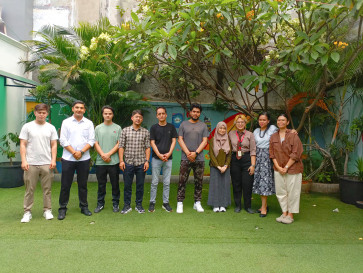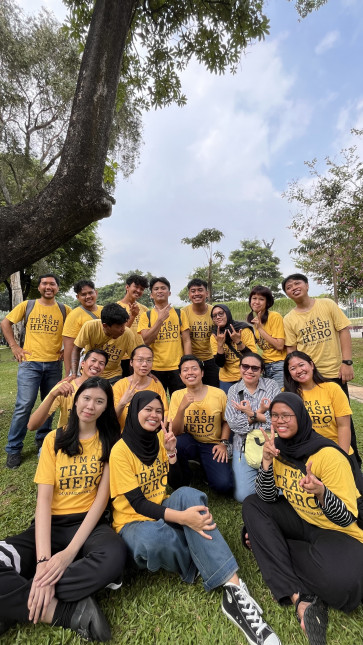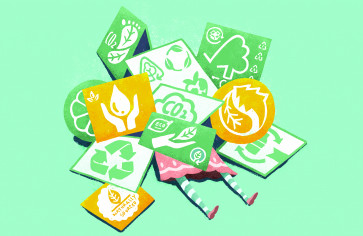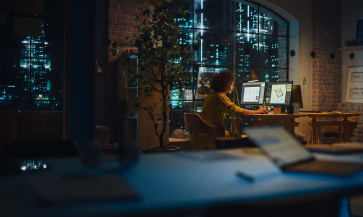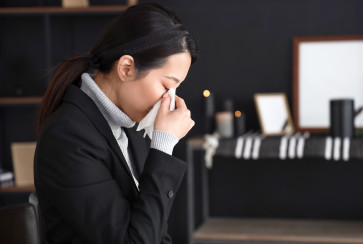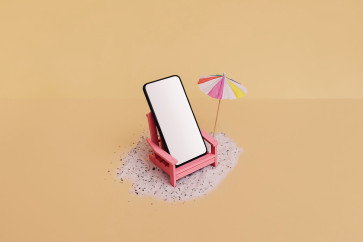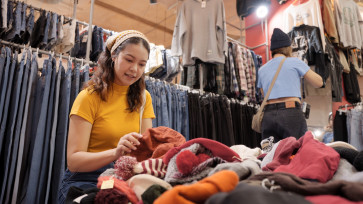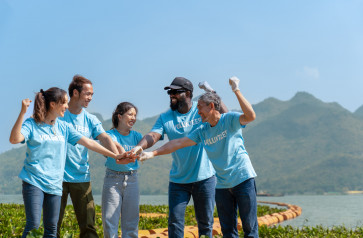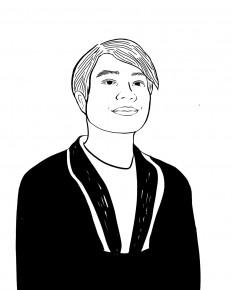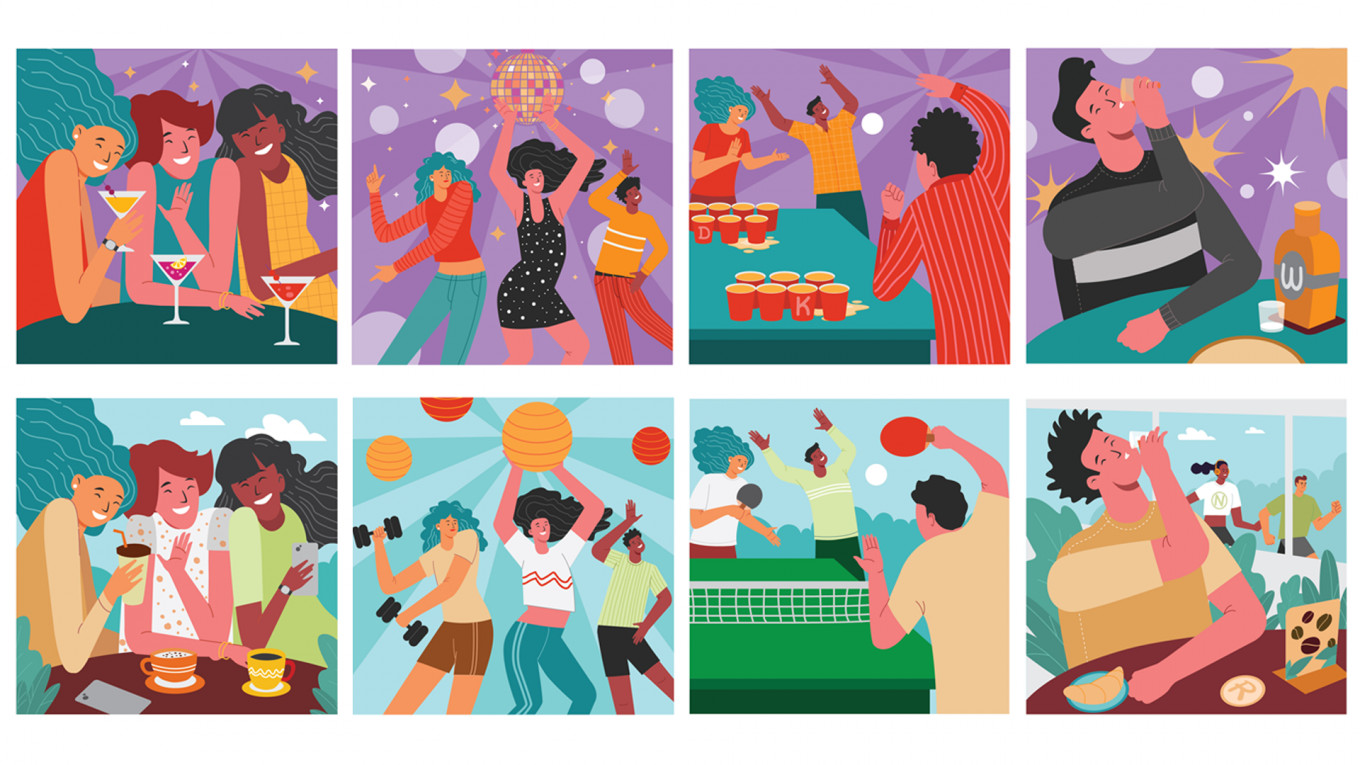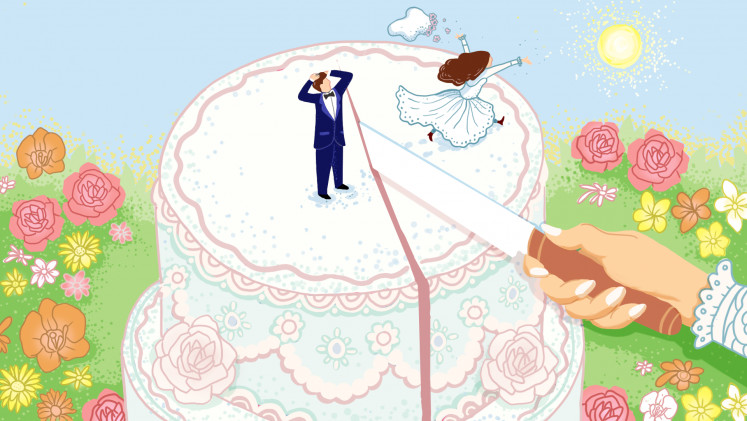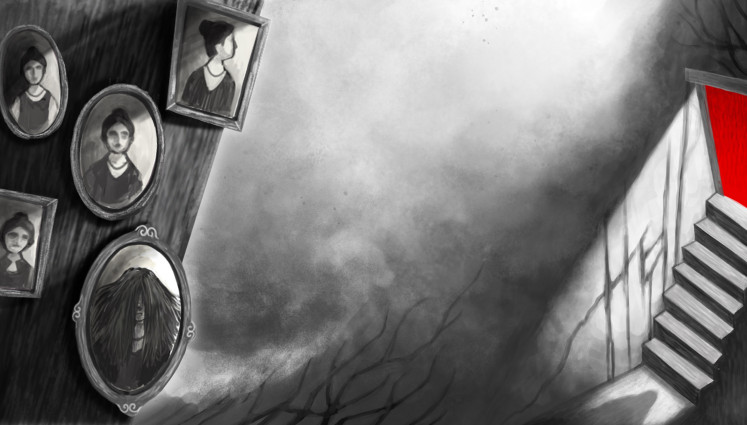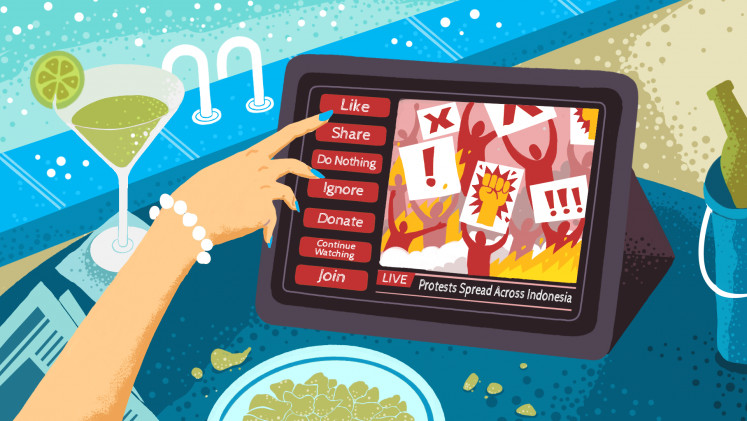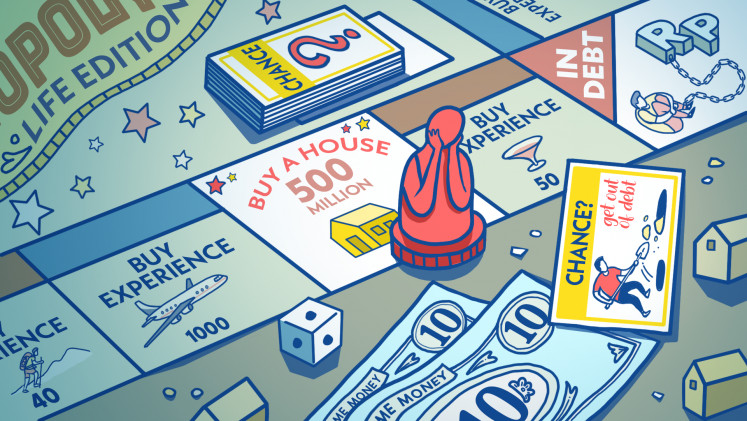What do you usually do on the weekends?
If you ask me, I honestly can’t give you a clear answer—and neither can most of the people in my generation.
As part of the Gen Z cohort, I often feel judged by older generations. No longer children, we’re in that awkward phase of establishing our careers, cementing our identities and realizing our potential.
Yet we’re already being boxed into so many stereotypes, many of them paradoxical: We’re fragile yet outspoken, lazy yet perpetually hustling, mindful and mindless consumers at the same time.
One assumption doesn’t sit right with me, though—that we’re the “healthier” generation, deeply invested in our mental health and diets and exercise to take care of our physical well-being.
Sure, it's a net positive, but it also feels like we’re being judged for not being reckless while we’re young. What’s overlooked is our intentional effort to exercise agency.

Thank you!
For signing up to our newsletter.
Please check your email for your newsletter subscription.
It feels more like judgment than recognition, especially when it comes to how we spend our free time.
On weekends, I might go climbing with my friends or stay in to play immersive video games. When I go out, I enjoy long coffee chats. Occasionally, I’ll have fun drinking during ungodly hours at bars or clubs. But getting drunk every weekend isn’t our default; we don’t need alcohol to have fun.
Am I an outlier? Not really.
Drinking differently
According to Berenberg Research, my generation drinks over 20 percent less per capita than millennials did at our age. And a NielsenIQ report says Gen Z drinkers up to age 24 consumed 30 percent less alcohol in 2024 than the year before. Of those, 74 percent said they drank less to be “healthier”.
But are we really healthier, or just doing things differently?
Shawn Andrew, 27, cofounder of Bebop, a Japanese-inspired speakeasy in Senopati, doesn’t think it’s about consuming less alcohol.
“Jakarta has become so expensive, so Gen Z just does it differently. They drink at their friends’ place instead, then maybe they go bar hopping but they probably get one or two drinks maximum,” he says.
"What resonates more with Gen Z is actually what's beyond coffee." -ELEANORA ANCILLA
There’s definitely something appealing about staying in and drinking with just your people.
But Shawn also says that when Gen Z does go out, there’s more thought behind the experience.
“When Zoomers go out to drink, we really value socializing and having a good time, whereas the previous generations would drink to black out,” Shawn added.
I guess that’s why we gravitate to places like Bebop, which leans into unique experiences—weekly trivia, niche DJ sets, a Japanese mixology menu, even walls that let you actually hear your friends.
Drinks aren’t the point; they’re an add-on. The main thing is the vibe, the connection, the subculture.
“There are so many nightlife places in Jakarta now, so people are expecting more than just drinks from a night out. Bebop offers community, a space people can feel they fit into.”
The coffee shop alternative
If we’re not partying every weekend, what do we do instead?
“I’d rather do activities that are daylight-oriented, like thrifting at the Wijaya Trunk Market or trying a nice manual brew at a coffee shop,” 23-year-old musician Liam Amadeo shares.
For Maharani, a 22-year-old marketing specialist, she’d rather try out a new restaurant or go to a cute coffee shop.
“I’d rather pay Rp 500,000 [US$30] for pricey food or share a 10-course meal with my friends than the same amount for two cocktails. It's quality time with my friends that I can actually remember,” she says.
Going to a coffee shop definitely seems like the champion alternative to a booze-filled night out—but not in the way you might think.
A 2023 survey from Jakpat showed that 55 percent of Gen Z respondents drank coffee occasionally, with only 21 percent drinking a cup daily, less than millennials (25 percent) and Gen X (29 percent).
So, we’re also drinking less coffee?
It’s not about the coffee
“We find that our Gen Z customers really appreciate the identity surrounding the coffee itself,” says Eleonora Ancilla, a brand manager at Tuku.
“For them, we find that coffee is just coffee, it is a staple need […] What they value more is community, a room to connect with other people.”
As odd as it sounds, we don't really drink coffee for the coffee. Like our attitude toward alcohol, it’s about what the drink enables: time with friends, connection with community, inclusion in something bigger than ourselves.
Eleonora points to Tuku’s collabs with local brands like Bluesville and even its MRT station naming rights as efforts that resonate more with Gen Z than the coffee itself.
“What resonates more with Gen Z is actually what's beyond coffee,” she says.
Transforming Cipete Raya into MRT Cipete Raya Tuku, for example, is a symbolic gesture to claim a sense of neighborhood.
Having grown up digitally, we put in extra effort whenever we do spend time offline to make it worth our while.
It’s about agency
You see, digital natives like us grew up seeing influencers and niche media highlight all kinds of alternative pastimes. We have more options in front of us, and we don’t have one definition of what the 20s should look like. We see people doing whatever they want, and we value that kind of agency.
“You could spend your money on drinking or you could spend it doing something that costs just as much and is maybe better for you,” says Gabriel, a 24-year-old activist.
“We’re way more driven by trends than any other generation, so if we see our peers cycling, we want to try it too. If bouldering is big, we’d give it a go, and now padel is huge.”
Adystra Bimo, founder of Running Rage, has seen this shift up close.
“Maybe 20 years ago, the kids my age saw the older kids partying or going to clubs as the cool thing,” he says.
“Now, my generation is the older kids. A subset of us highlighted a different lifestyle that's just as meaningful through social media. It created a domino effect where healthier activities are the cool thing to do, which has been normalized for this generation.”
Since 2010, Running Rage has been a platform for creatives to meet and bond during a morning run. This resonates with us Zoomers—connecting with like-minded people through a mindful activity.
“I'd say around 30 percent of the runners who join us are Gen Z. And most of our DMs, the people who are asking how to join or when the next run is, are primarily from the youth,” Adystra adds.
Running is only one option. Other popular active pastimes include Pilates and padel, while board games or hanging out at a new coffee shop provide a chill time. There are endless healthier, community-based activities to choose from.
Digital by nature, social by design
As both social media content consumers and producers, we see these options on our feeds all the time and broadcast what matters to us, from our workouts and latest discoveries to our coffee orders.
“It definitely cuts down on decision-making for social experiences because you can just see a post of a place online, send it to your group chat and go, ‘this looks cute, you guys want to go here?’” Liam shares.
“I’m literally going on a hike to Sentul because I saw it on TikTok,” Maharani adds.
“I think for our generation, we rely on these platforms to discover fun experiences or help out small businesses that resonate with us.”
What’s not among the activities that appeal to us? Drinking out until the wee hours of the morning.
As I talked to more people, it became clear—a night out in Jakarta is a hassle. It’s a big commitment. You spend energy, time and money on something that isn’t always worth the recovery.
“At a certain point, I just stopped liking going home at 6 a.m. and waking up at 1 in the afternoon, feeling sluggish the whole day afterwards,” says Maharani.
“Say we go to a bar in South Jakarta, where a cocktail is around Rp 150,000, that’s not enough to make me feel anything, so you go for two or three. On top of that, I’d have to spend at least Rp 100,000 for a taxi to go home,” Liam adds.
It’s also not very cool to post videos of yourself puking after a drunken night out.
Lock in
This digital showmanship is a curated dance that I don’t think we even do consciously. It’s just a way for us to show what we choose to do, what type of person we are, what community we’re a part of. It’s a corner of our lives that we like to craft and control.
“Gen Z is dedicated to alternative activities for a healthier lifestyle, but also as a social indicator,” Adystra says.
Tanamera’s general manager Rangga Hady Tama sees it too.
“Sustainability approaches, how our brand makes an impact, that’s a bigger factor in Gen Z’s decision-making. Associating with our coffee for reasons beyond the coffee—it matters more,” he says.
At first, I thought the whole “Gen Z is drinking less” thing was just about health. But it’s so much more than that.
It’s about how we find meaningful experiences, because we only have so much time, energy and money. It’s about being intentional.
“There isn’t one ‘right’ way to be a confused 20-something anymore,” Maharani says.
We’re choosing how to spend our time based on what we want—not some outdated idea of what “fun” looks like.
Despite all this, I think there's always going to be room for a nice tall glass of beer, just maybe not every weekend. Most of the time, a cold brew will do.
Aqraa Sagir is a writer for The Jakarta Post's Creative Desk. He’s chronically online in the hope it would be a useful asset for the job.






